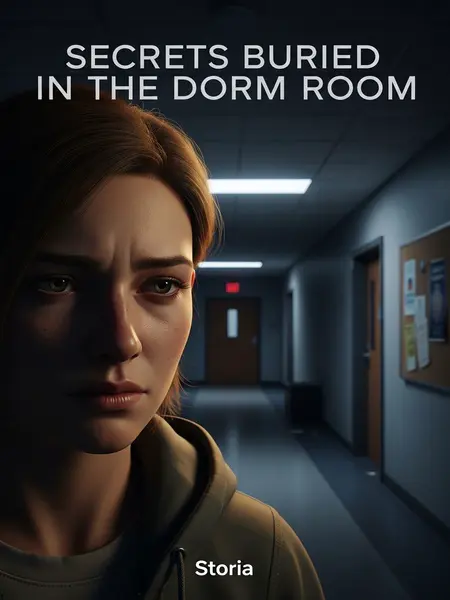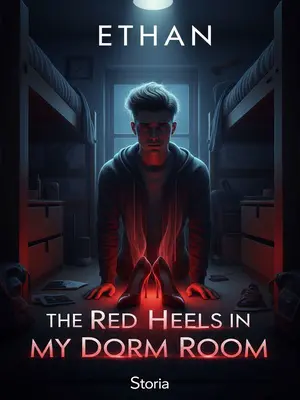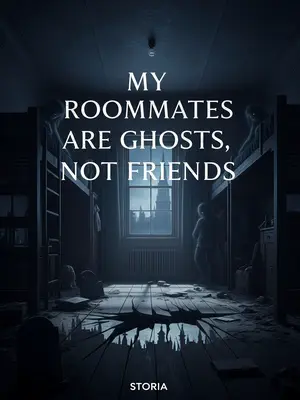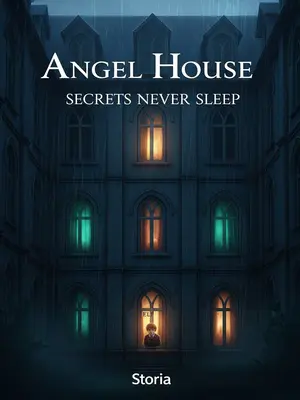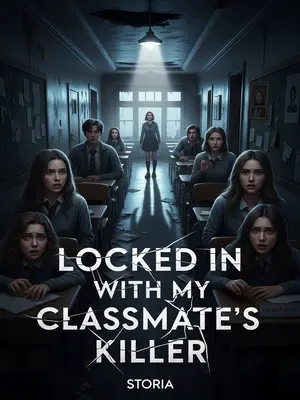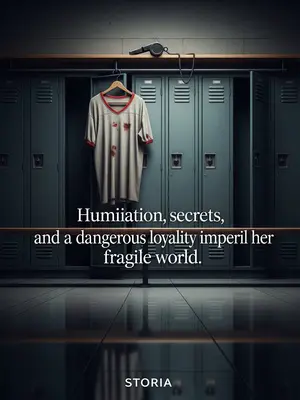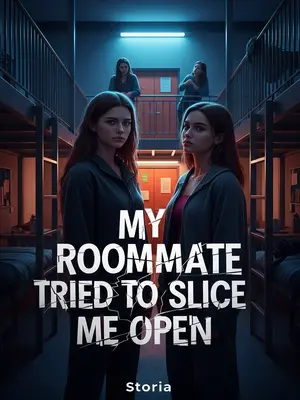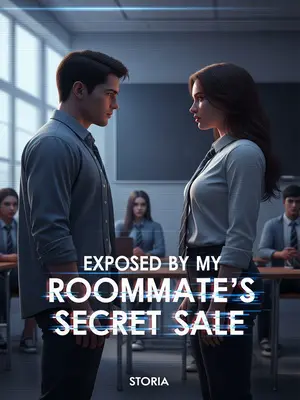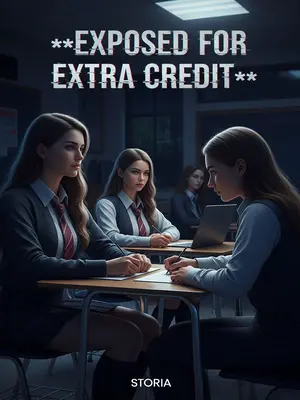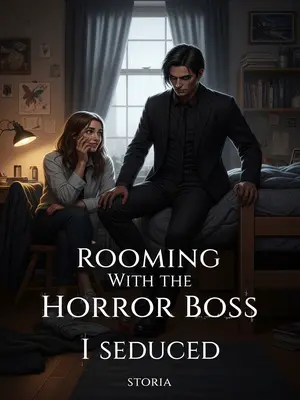Chapter 1: The Interrogation
The logistics director nodded, his jaw clenched just enough to show this wasn't his first rodeo. "That's right. The principal checked his pockets and personal stuff, and I went through the desk and bed to see if anything looked off. We didn't mess with anything else." His voice sounded steady—almost rehearsed, like he'd been asked these questions more times than he cared to remember. His hands hovered at the edge of the desk, fingers tapping on a pile of paperwork next to a coffee mug sporting a faded Cubs logo and a calendar marked with local holidays, as if he was itching to get back to the grind.
I watched him closely, searching his face for a hint of nerves or guilt. He looked calm, almost too calm, like someone who'd practiced hiding whatever he was really feeling. My chest tightened as I pressed, "When you checked his body, did you see his phone?" My eyes locked onto his, waiting for any flicker—a twitch, a glance away, anything that might give him away. The hum of the building's old heater filled the silence, mixing with a faint metallic scent and the chill that seeped through the aging walls.
He replied, "Yeah, it was in his pocket. The cops told us not to touch anything, so we left it there. Later, when the police came, they took everything for evidence." His voice carried a tired edge, like the memory weighed on him more than he'd admit. He shot a quick glance at the window, where gray clouds crowded the glass, then looked back at me, bracing himself for whatever came next.
"Did you wipe his phone?" I asked, my voice sharper than I'd planned. The question hung heavy in the air, almost like an accusation.
He stared at me, eyebrows raised. "Are you kidding? That's evidence." He shook his head, looking genuinely offended, and leaned back in his chair. For a split second, his eyes narrowed, sizing me up, trying to figure out if I was pointing a finger at him. Overhead, one fluorescent light flickered, casting shaky shadows across the scuffed linoleum floor, while a janitor's cart stood abandoned down the hall.
I nodded, but doubt gnawed at me. If neither he nor the principal wiped the phone, then who did? The only people in the dorm before the police were the principal and logistics director, both denying it. Maybe it was the principal, or maybe someone else slipped in, breaking school security policy. Without proof, my investigation hit a wall. I let out a slow breath, frustration tightening in my chest and my palms damp with sweat. The truth kept slipping away, always just out of reach, like smoke between my fingers.
After leaving the office—a cramped room tucked beside the main hallway, cluttered with a Walmart bag stuffed with old receipts and a half-eaten granola bar, while the wind howled past the front porch—I felt a mix of relief and unease. Some truths were never meant to be found. Michael Hanley's death, the missing cash, the wiped phone—all these mysteries might stay buried forever. But at least I'd chased every lead I could. The hallway reeked faintly of stale coffee and industrial cleaning solution, and as I stepped outside, the cold air slapped my cheeks. Life just kept going, no matter what secrets we had.
This is the story. I don't know if anyone will ever read it, or believe it. But I've written it down, as a record of what happened and what I saw. Michael's death changed all of us. Even now, years later, I still think about him—sometimes when the wind rattles the windows, or when "Free Fallin'" plays on the radio, his memory sneaks back in. I'm left with the same questions, the same longing for closure, and the memory of that time he made us laugh so hard during gym class that the teacher threatened detention. Some answers never come, but some memories never leave.
